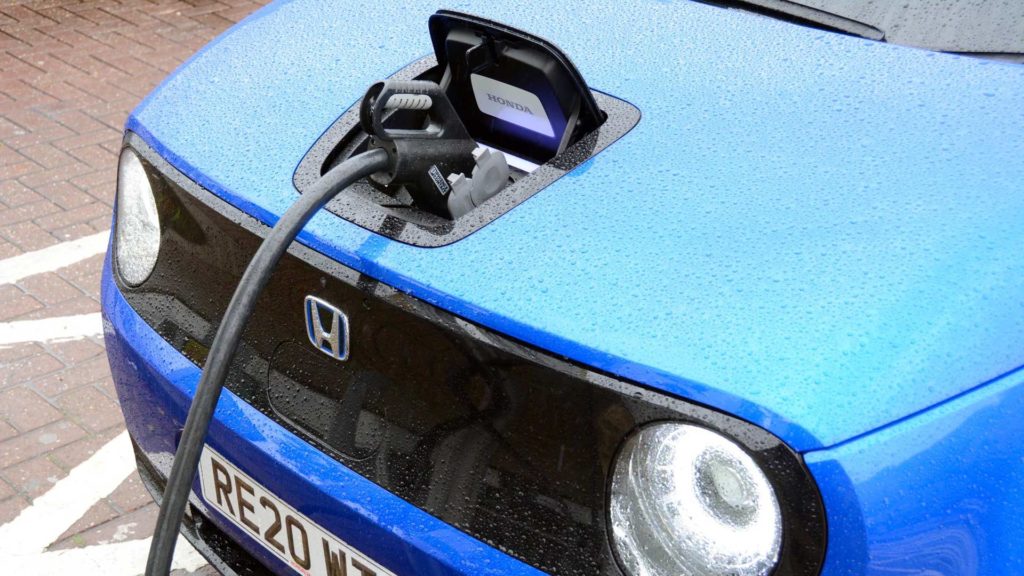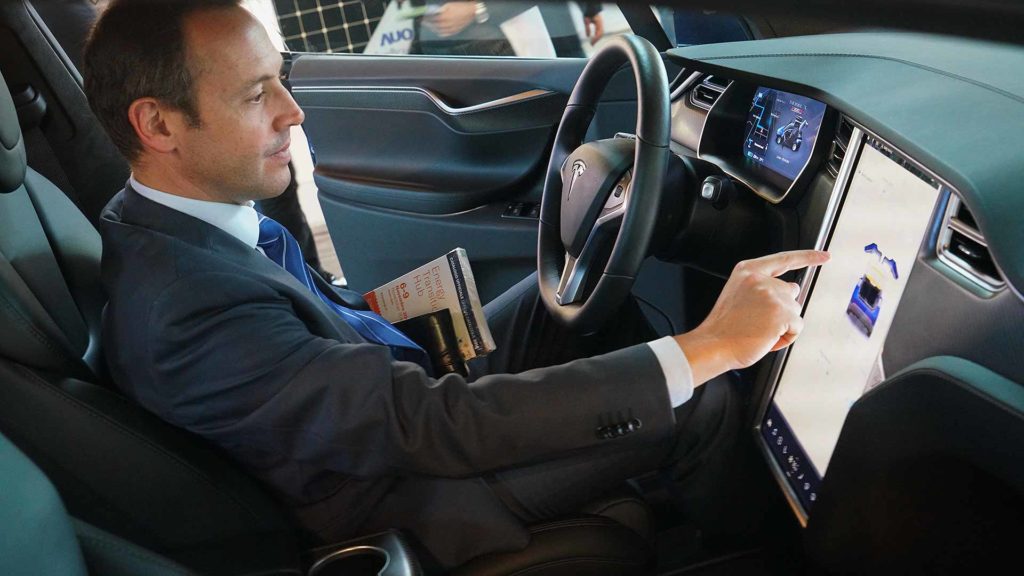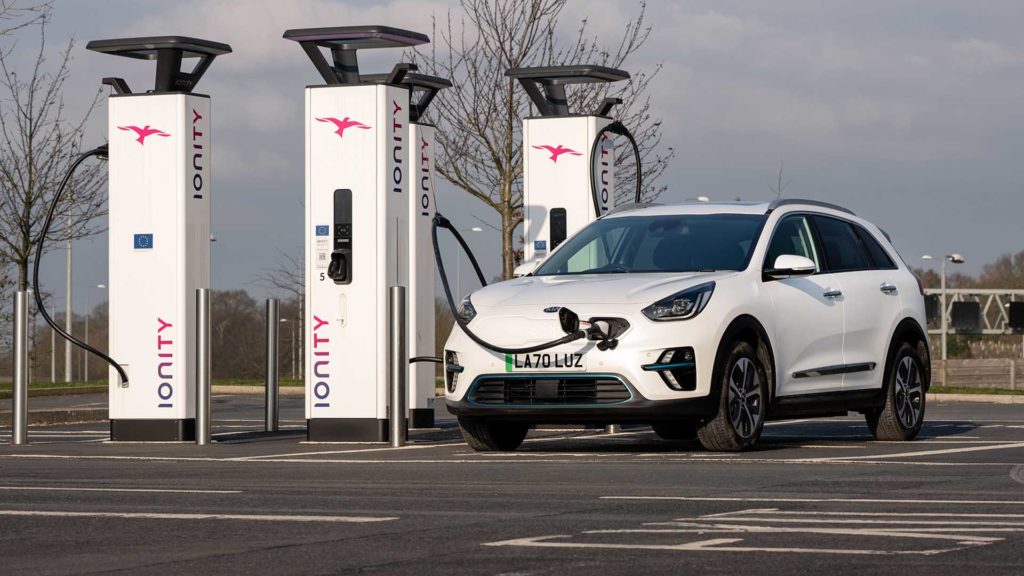Company car drivers account for one in two new car sales in the UK. Fleet vehicles are generally more expensive than a typical privately-bought car. Then, typically after three years of commuting and working for a living, they are sold second-hand at a good price.
The government has joined the dots and decided one of the quickest ways to speed up electric car adoption in Britain is to incentivise company car drivers into making the switch.
Here, we outline just how much EV fleet car drivers can save. Brace yourself: it’s a not-very-small fortune…
What is company car tax?

First, a little reminder. Company cars that are also used by employees for private motoring are considered employment benefits. Users therefore have to pay Benefit in Kind tax, known as BiK.
This tax is based on the list price of the car, its CO2 emissions, and which salary tax band the employee is in. Employees pay up to 35 percent BiK tax, on a sliding scale depending on CO2 emissions.
For some years now, BiK has become increasingly expensive. The government has tried to encourage people into lower-CO2 vehicles, while car list prices have gradually increased.
Take a popular company car: the BMW 318d SE diesel saloon. It costs £33,665, and CO2 emissions of 127g/km place it in a 29 percent BIK tax band (August 2021). For a 40 percent tax payer, that results in a whopping £3,905 BIK tax bill – or £325 a month.
No wonder so many company car drivers are leaving their schemes and buying their own cars – often older, more polluting models, which completely counters the government drive to cleaner cars. Enter the electric car.
Electric car BiK tax savings

After 6 April 2020, company car tax for electric cars changed. For the first 2020/21 tax year, it was reduced to zero percent.
Now we’re into the 2021/22 tax year, the rate for new cars has risen, albeit to just one percent BIK. In 2022/23, it rises again, to two percent, then is held at that rate for another two years.
This means electric company car drivers will pay no more than two percent BIK on their vehicle until April 2025. It is an extraordinarily appealing deal.
If that BMW 3 Series driver can convince his or her bosses to offer an electric car, he or she will go from paying £325 a month to around that same figure per year – or potentially less, depending on the EV chosen.
What other benefits are there for electric company cars?

It’s not just for Benefit in Kind tax that electric company cars make sense. Employees will also pay no fuel tax – because they don’t use any.
And while HMRC has classified electricity as a fuel for claim-back purposes, the reimbursement rate of 4p per mile shows just what money-savers EVs will be for companies as well.
Tax experts will like the fact EVs with zero CO2 emissions qualify for a 100 percent first year allowance. This means savvy companies can offset the cost of the car against their profits. Nonetheless, it is the savings for drivers that are the biggest draw.
The only proviso is that cars costing more than £50,000 are not eligible. This does rule out some big-name electric cars such as the Jaguar I-Pace and Audi E-tron.
The Tesla Model 3 still qualifies, though, as do popular EVs such as the Vauxhall Corsa-e and Volkswagen ID.3. If you’re a company car driver, what’s not to like?
ALSO READ:
Can I own an electric car if I don’t have a parking space?
What happens if an electric car runs out of battery charge?
What is electric car preconditioning and why should I use it?


[…] has been driven by the Benefit in Kind change earlier this year, the registration plate changeover, the arrival of new models and Tesla’s end-of-quarter […]